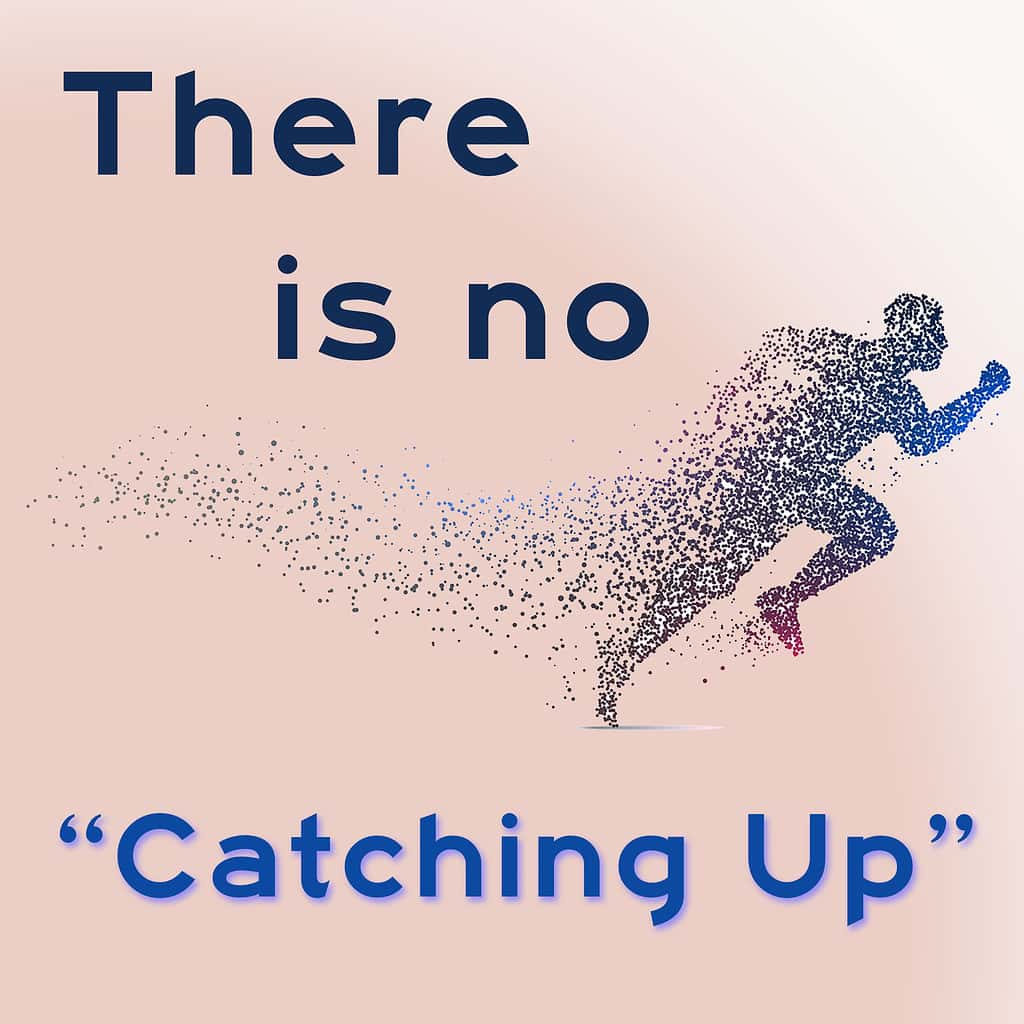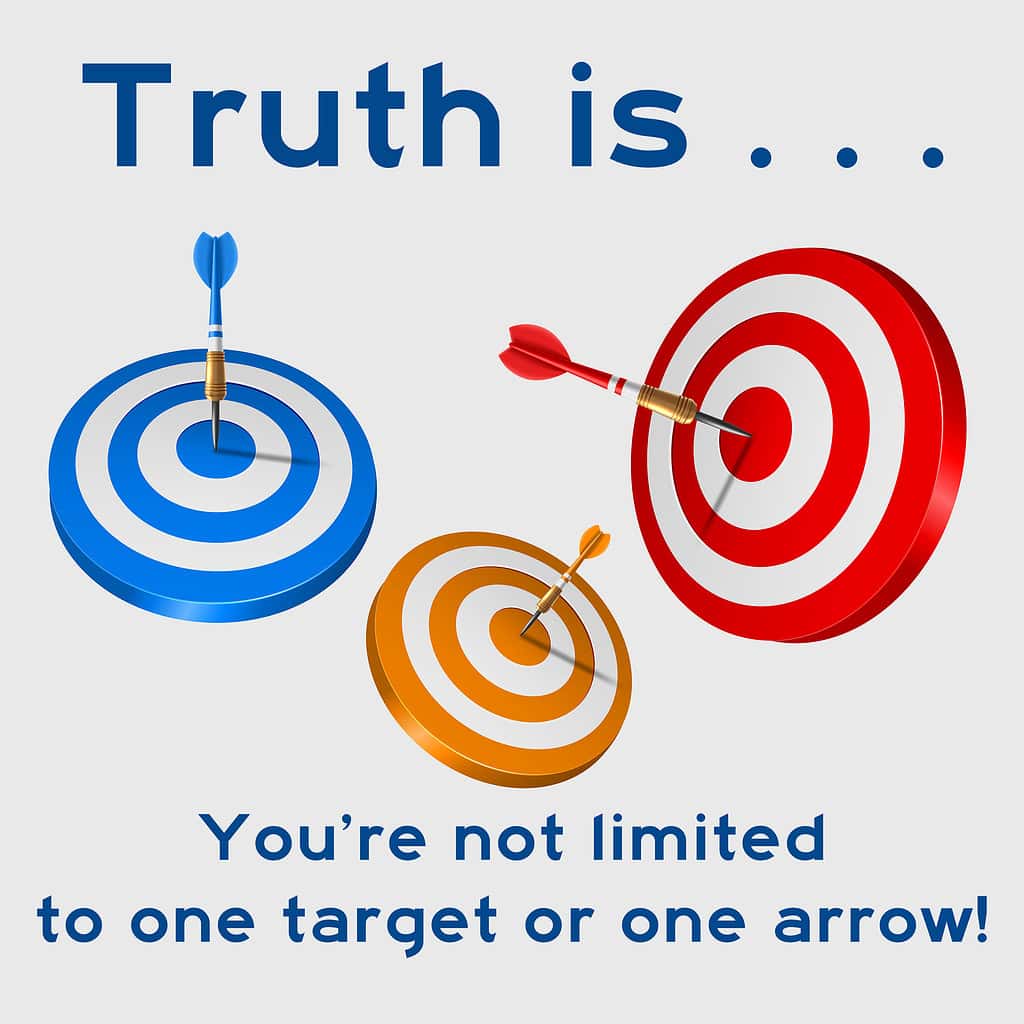Be prepared to re-think truths you have accepted.

There’s a great little bitty book entitled The Elizabethan World Picture by E.M.W. Tillyard. It summarizes the “knowledge” of science, religion, philosophy, and politics in the age of Queen Elizabeth.
This books is a great read for two reasons. First, it helps the modern thinker to understand what people believed and how those beliefs fit into the “common knowledge” of Sharespeare, Donne, Milton, Spenser, and others. Second, and perhaps more importantly, the book helps us to understand why newer, more modern explanations were rejected so completely when first introduced.
How can the earth revolve around the sun when everyone knows that all the celestial bodies revolve around the earth?
It is possible that everything we know is wrong.
Stop: Think about that.
If the earth is spinning, then why do objects fall straight down? If I drop a rock from a high place, why does it not land some distance from where I dropped it?
The more scientific we become, the more arrogant we are about our knowledge. When I was a kid, in the 60’s and 70’s, “everyone” believed in the Big Bang Theory. Even in graduate school I remember hearing from a science major that the Big Bang was an undisputed truth. Now, in the early days of the 21st century, it isn’t the truth anymore. In fact, we’ve already passed through a period in which it was hotly debated and now there are several schools of thought that reject the Big Bang and spend their energy debating alternative hypotheses.
The same may be true for your business and personal life. We all learn things because they make sense; they fit in with how we understand the world. They fit into our “world picture.”
But so much of how we understand the world is a product of our social experience and our personal experience, that what we know might not be true at all. This is why leaders have to be open to new ideas and why managers need to listen to recommendations from new employees.
I can’t tell you how many times I’ve heard someone say “We tried that” or “Our customers aren’t interested in that.” At some time in the past, the company tried something and it didn’t work. So they now know it won’t work. They know forever their customers aren’t interested. They know you can’t make money doing that.
In other words, the company is now unwilling to try things because their world view informs them that it won’t work.
In the meantime, the world keeps spinning. Customers are ready for something today they weren’t ready for a year ago. Customers have become more sophisticated and understand more than they did two years ago. Customers are tired of doing things the old way and wish someone would sell them a better solution.
Remember this: Your personal evolution takes place when your attitude is ready to receive a new message and the message is presented in a manner that aligns with your current attitude. That’s why it’s so important to keep reading material in your field.
You may read about a specific approach or concept ten times but it doesn’t strike you as true or relevant. Then one day your attitude is just right: You’re open to making some changes and you think you know the direction to head. When you’re open to change and you read that same concept again, and it’s worded just the right way, it suddenly sounds true and profound. Ten times it was just an interesting idea, but today it will change your business or your life.

The same is true for people as well as businesses. Do you know that someone will never accept the new policy? Do you know that someone will never leave the company? Do you know your spouse isn’t willing to change?
What exactly do you know and why do you know it? Is what you know real? How are you limiting your success because you know something that stands in your way?
Be open.
Be open to the possibility that everything you know is wrong.
Practical Example:
Having Both Sides of the Conversation
One of the glories of being married is getting to know someone very well. One of the challenges of being married is the temptation to assume that, because you know this person so well, you know how she will respond to a request or an idea. I’m very guilty of this. I don’t ask to do something I want to do because I know what the response will be. In other words, I have both sides of the conversation and never bother my wife with the need to provide her half.
And this is just silly. First, people change over time. Second, I am really assuming and not asking. Third, this is a very limiting behavior. Even if she says “no,” she’ll know that I’m interested.
We do this in our personal lives and at work. We don’t ask for what we want (from bosses, from employees, from co-workers). We “know” what the answer is, so we don’t ask. This is a huge, nation-wide, horrible problem. It reinforces inertia in the worst way. Not only do we resist change because we’re comfortable, we also resist it because we assume we know how others will react. So doing the same thing (even though everyone knows it’s not as good as it could be) is easier than proposing changes.
Try this in your office: Agree to stop limiting your conversation–for one week–due to any assumptions about how someone will respond. Obviously you’ll have some fun around this. Then notice that ideas come out and some real creative energy will emerge. In addition, those long-held “No we can’t do that” policies may be re-evaluated!
It can’t hurt and it might be great for revitalizing the business.
“How are you
limiting your success
because you know something that
stands in your way?”
— Karl Palachuk







